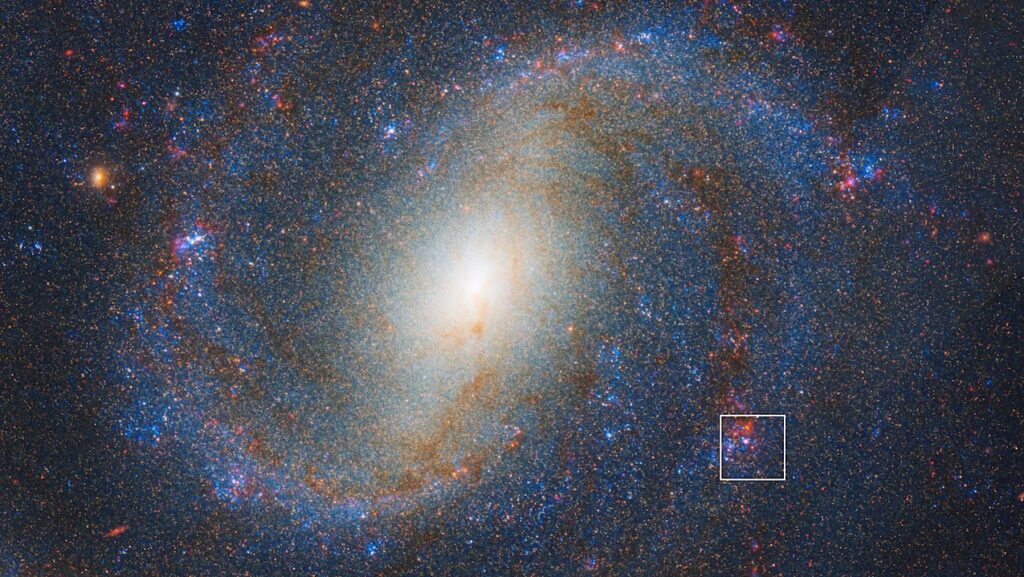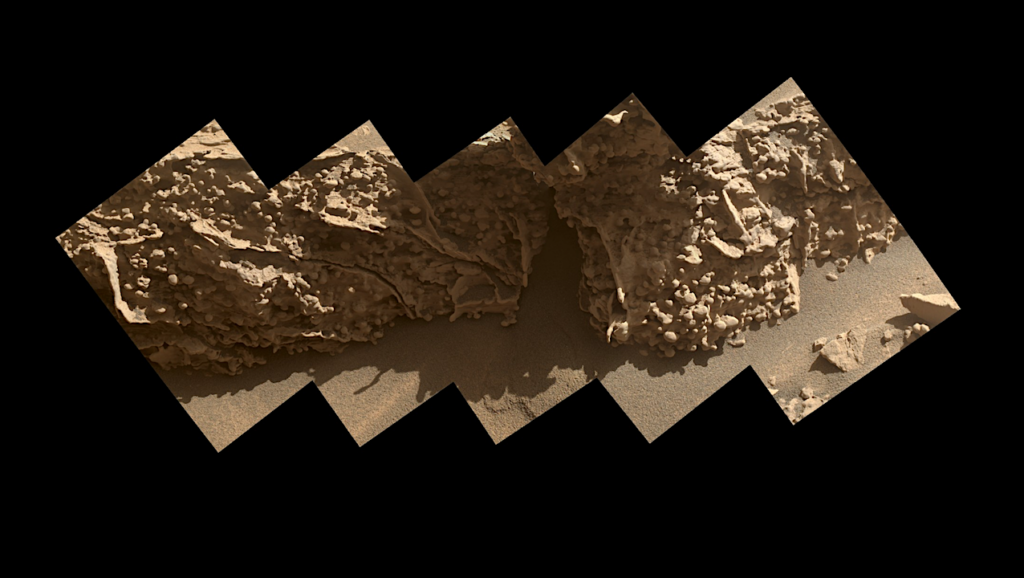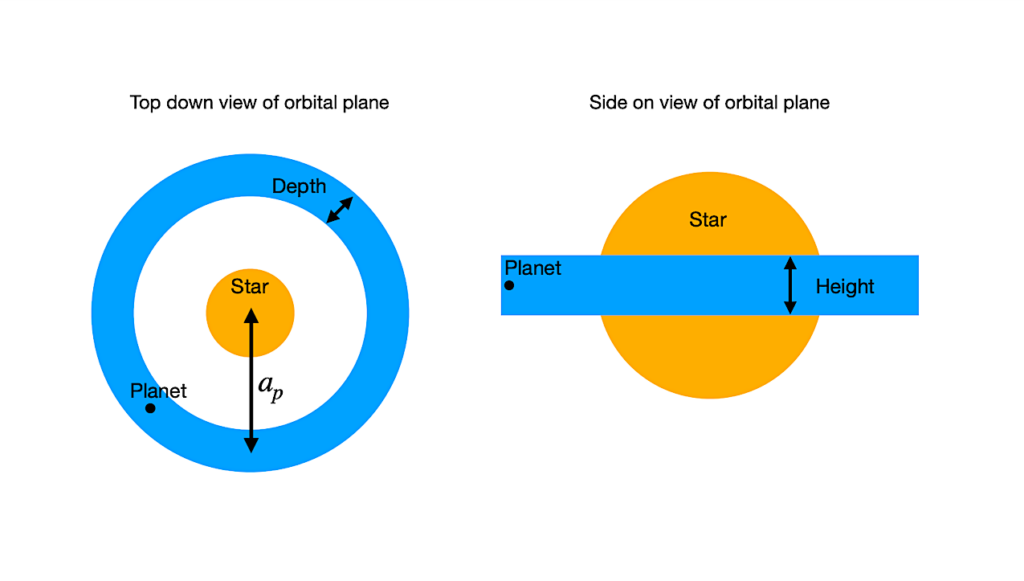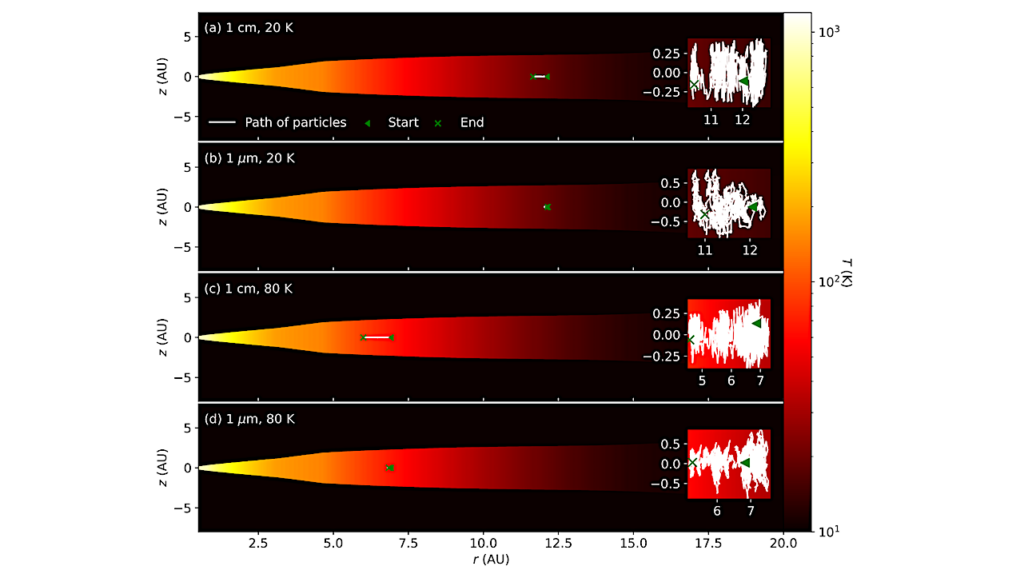Early Ocean World Chemistry: Prebiotic Nucleoside Phosphorylation in a Simulated Deep-Sea Supercritical Carbon Dioxide-Water Two-Phase Environment

Prebiotic synthesis of complex organic molecules in water-rich environments has been a long-standing challenge. In the modern deep sea, emission of liquid CO2 has been observed in multiple locations, which indicates the existence of benthic CO2 pools.
Recently, a liquid/supercritical CO2 (ScCO2) hypothesis has been proposed that a two-phase ScCO2-water environment could lead to efficient dehydration and condensation of organics. To confirm this hypothesis, we conducted a nucleoside phosphorylation reaction in a hydrothermal reactor creating ScCO2-water two-phase environment.
After 120 h of uridine, cytosine, guanosine, and adenosine phosphorylation at 68.9°C, various nucleoside monophosphates (NMPs), nucleotide diphosphates, and carbamoyl nucleosides were produced. The addition of urea enhanced the overall production of phosphorylated species with 5′-NMPs, the major products that reached over 10% yield. As predicted, phosphorylation did not proceed in the fully aqueous environment without ScCO2. Further, a glass window reactor was introduced for direct observation of the two-phase environment, where the escape of water into the ScCO2 phase was observed.
These results are similar to those of a wet-dry cycle experiment simulating the terrestrial hot spring environment, indicating that the presence of ScCO2 can create a comparatively dry condition in the deep sea. In addition, the high acidity present in the aqueous phase further supports nucleotide synthesis by enabling the release of orthophosphate from the hydroxyapatite mineral solving the phosphate problem.
Thus, the present study highlights the potential of the unique ScCO2-water two-phase environment to drive prebiotic nucleotide synthesis and likely induce condensation reactions of various organic and inorganic compounds in the deep-sea CO2 pool on Earth and potentially other ocean worlds.
- Prebiotic Nucleoside Phosphorylation in a Simulated Deep-Sea Supercritical Carbon Dioxide-Water Two-Phase Environment, PubMed
- Prebiotic Nucleoside Phosphorylation in a Simulated Deep-Sea Supercritical Carbon Dioxide–Water Two-Phase Environment, Astrobiology
Astrobiology








